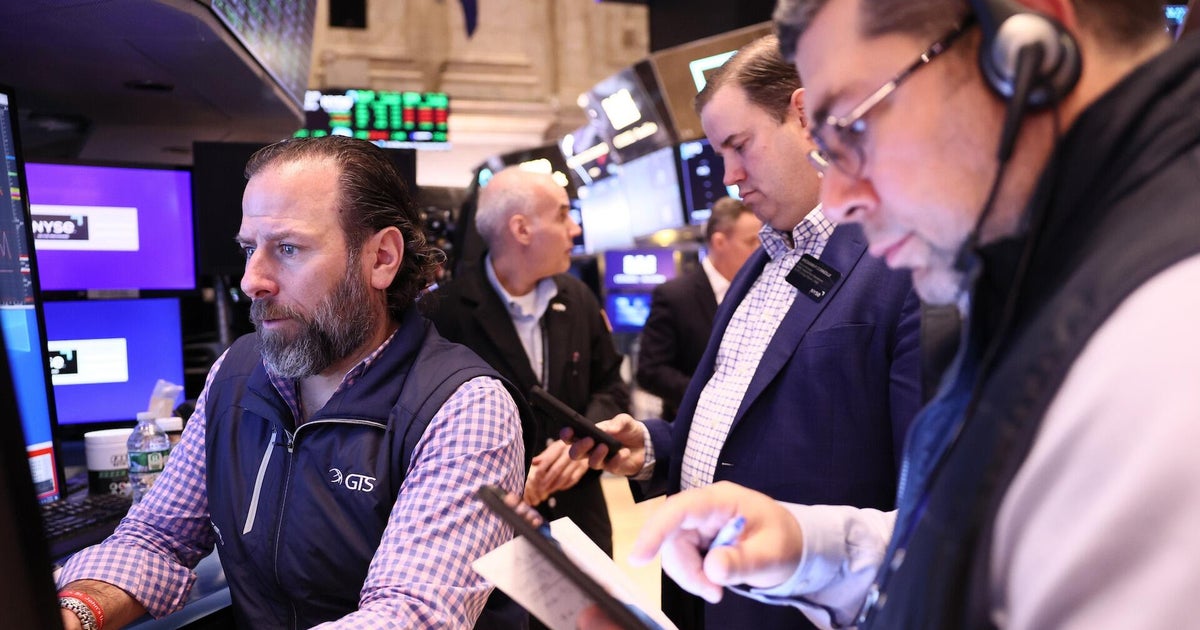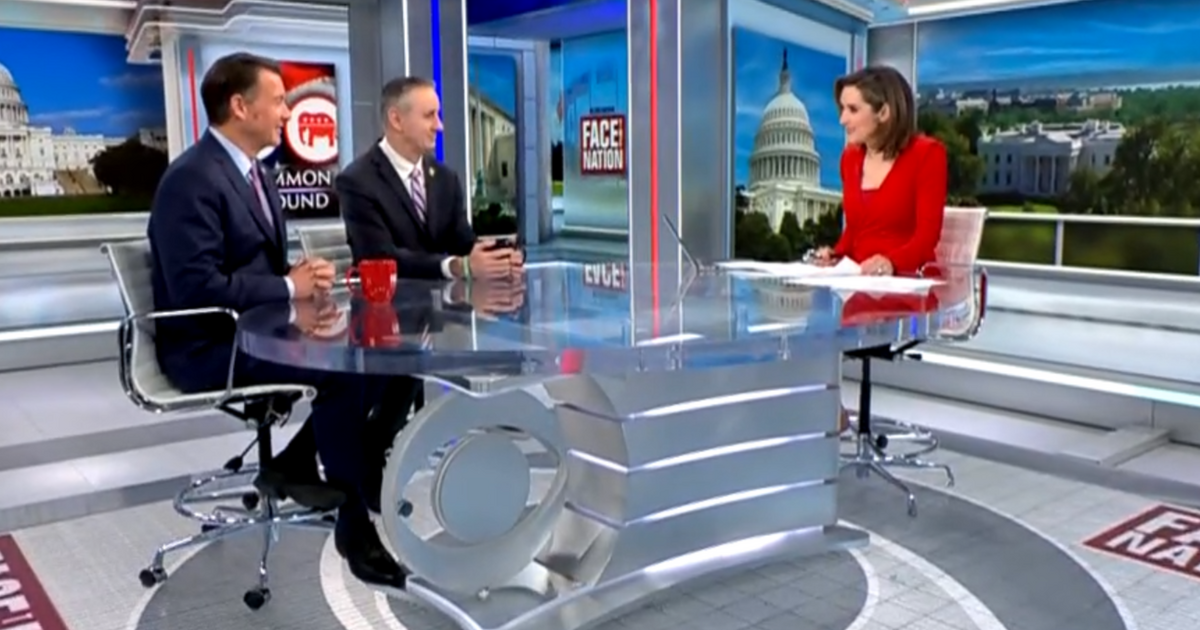Stocks slid in early trading as investors braced for President Trump announcing a fresh round of tariffs on Wednesday afternoon, but gained momentum over the rest of the trading session.
Mr. Trump is expected to announce so-called reciprocal tariffs, and possibly other trade measures, targeting some of its global trading partners. Financial markets have retreated this year amid mounting concerns that the Trump administration’s economic policies could jar spending by American consumers and businesses, hurting economic growth.
The S&P 500 added 38 points, or 0.7%, to close at 5,671, while the Dow Jones Industrial Average and tech-heavy Nasdaq Composite rose 0.6% and 0.9% on the day, respectively.
“A big driver of the reversal higher was tariff anticipation as many feel the Trump reciprocal details will be cathartic, triggering a relief rally,” market analyst Adam Crisafulli of Vital Knowledge told investors in a report.
Tesla weighed on morning trade after the electric car maker reported that its vehicle shipments sank nearly 13% in the first three months of the year. The company’s sales have weakened over the last year amid mounting competition in key markets, while more recently Tesla has faced protests both in the U.S. and Europe over CEO Elon Musk’s prominent role in the Trump administration.
For now, economists still think the odds of a recession remain relatively low, while other signs suggest the economy remains on track. New figures from payroll firm ADP showed that hiring around the U.S. remained healthy in March, with private-sector employers adding 155,000 jobs.
And despite the uncertainty hanging over financial markets, some Wall Street analysts think the gloom could lift if the U.S. signals it is willing to negotiate tariffs down with Canada, Mexico, China and other countries.
“There is a wide range of options to reach a compromise and avoid what would otherwise depress the potential for increased tariff revenue and produce a sharp decline in economic activity, rising domestic inflation and a reduction in global trade flows,” Kurt Reiman, head of fixed income Americas at UBS Global Wealth Management, said in a note to investors.
For investors, according to Wall Street analysts, key questions regarding the tariffs the U.S. is expected to unveil include which countries and products will be targeted, what the tariff rates will be; and how long the levies might remain in place.



